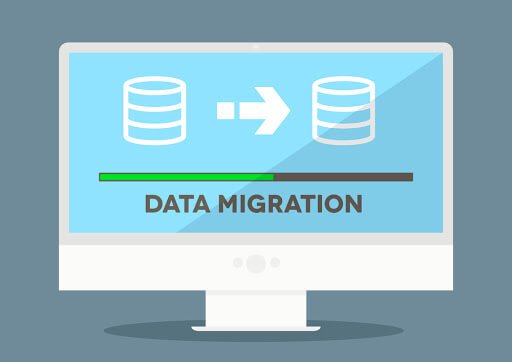Pankaj is a Lead Splunk Professional Services Consultant at SP6. Pankaj has over 6 years' experience developing, implementing, and administering enterprise-level Splunk environments. Pankaj specializes in all aspects of clustered and non-clustered Splunk core implementations, and has substantial experience in onboarding, extracting, transforming, analyzing, visualizing, and presenting data from diverse data sources, as well as in developing Splunk Plugins (App/Add-ons) using Python programming, Splunk configs for data parsing, SPL and Simple XML dashboards. Pankaj's certifications include Splunk Certified Consultant ll, Splunk Enterprise Security implementation, Splunk Certified Architect, Phantom Implementation Accreditation, and Splunk Analytics for Data Science. He has consulted with clients in the financial services, government, retail, transportation, and logistics industries.
Many Splunk customers start with a single disk for storing Indexes and then want to make changes. In this guide we will discuss the steps to move hot/warm buckets onto faster disks and move cooler buckets to cheaper storage.
Now that Splunk’s newest release (8.0) supports Python3 we have fielded many questions from customers on what the practical approach for migration is. In this blog, we will discuss the steps you should make when migrating your environment to Python3.
Learn some tips around custom app development which will help in adhering to Splunk guidelines and best practices for Splunk apps.
Learn Splunk lookup terminology, use cases, and tips for effectively this powerful feature.





